47+ Sample Agency Agreements
-
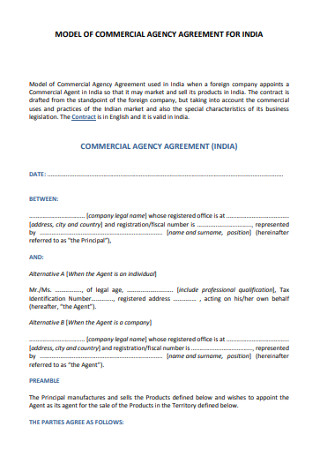
Commercial Agency Agreement
download now -
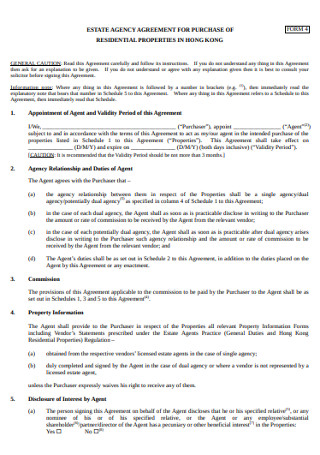
Estate Agency Agreement for Purchase
download now -
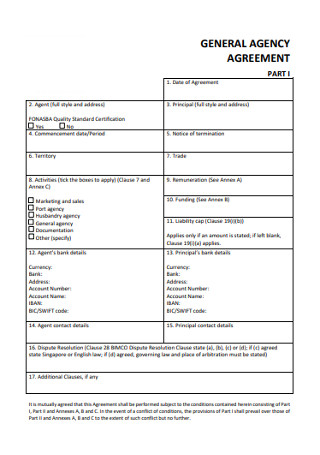
Genral Agency Agreement
download now -
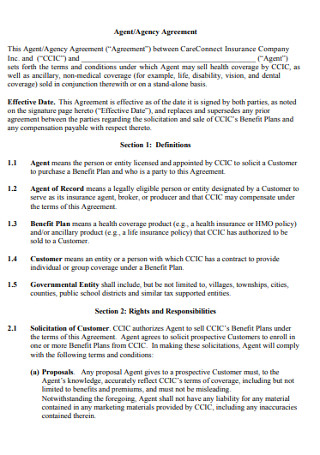
Agent Agency Agreement
download now -
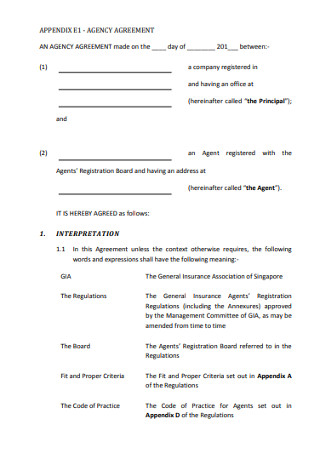
General Insurance Agency Agreement
download now -
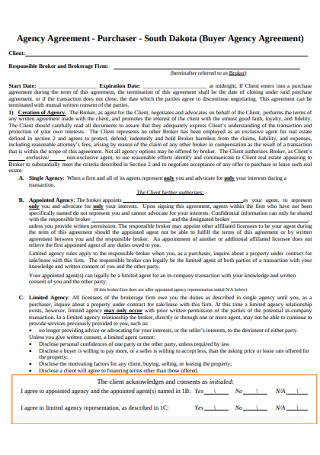
Buyer Agency Agreement
download now -
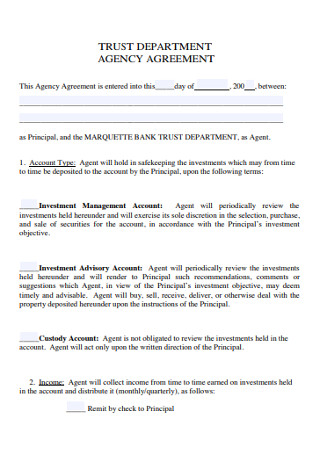
Trust Department Agency Agreement
download now -
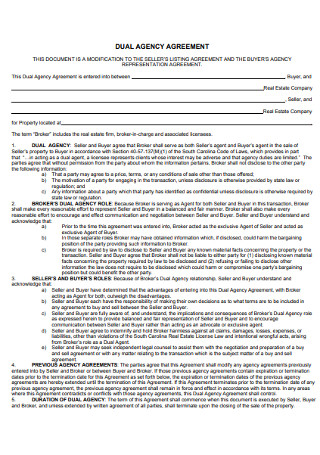
Dual Agency Agreement
download now -
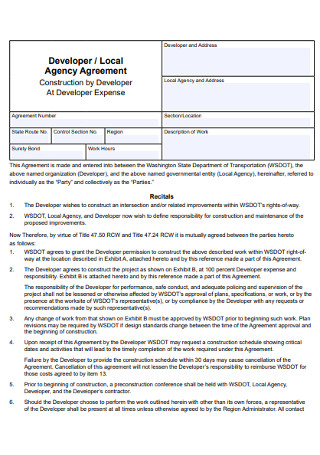
Local Agency Agreement
download now -
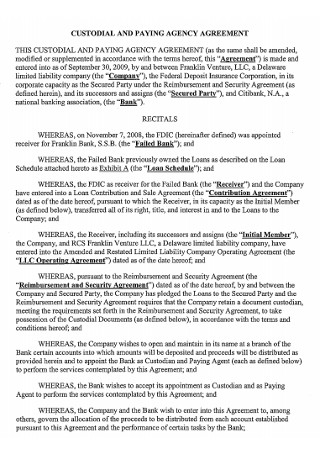
Custodial Paying and Agency Agreement
download now -
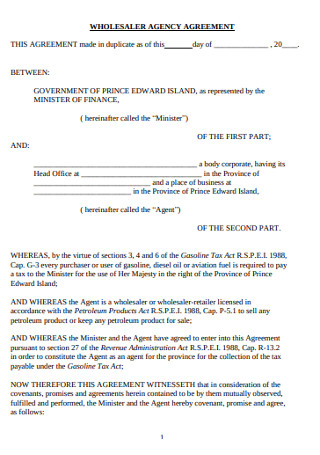
Wholesaler Agency Agreement
download now -
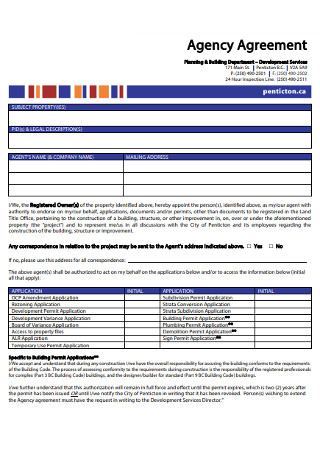
Building Planing Agency Agreement
download now -
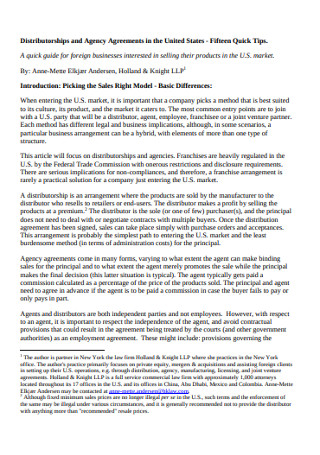
Distributorships and Agency Agreement
download now -
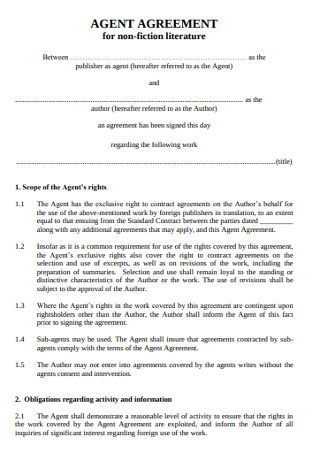
Agent Agreement for Non-fiction Literature
download now -
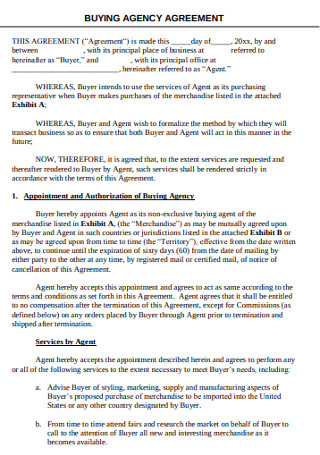
Buying Agency Agreement
download now -
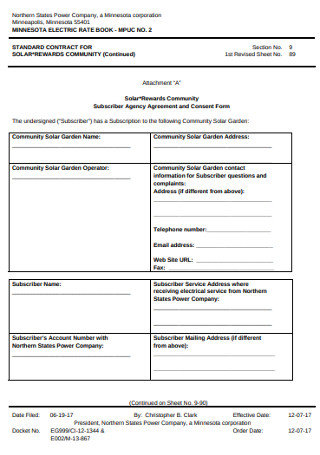
Subscriber Agency Agreement and Consent Form
download now -
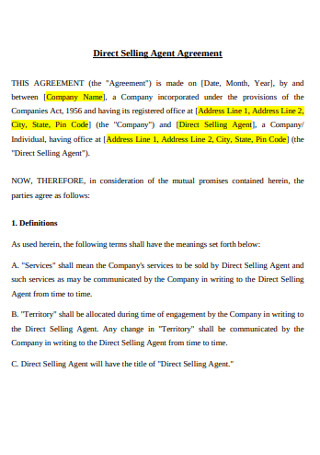
Direct Selling Agent Agreement
download now -
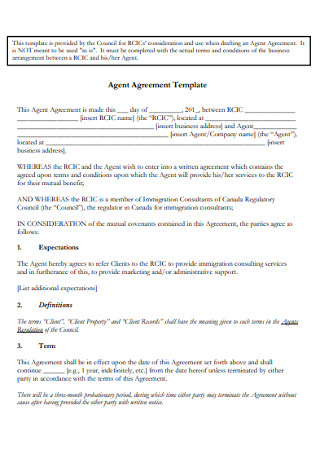
Agent Agreement Template
download now -
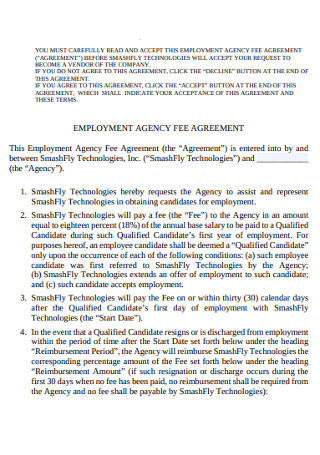
Employment Fee Agency Agreement
download now -
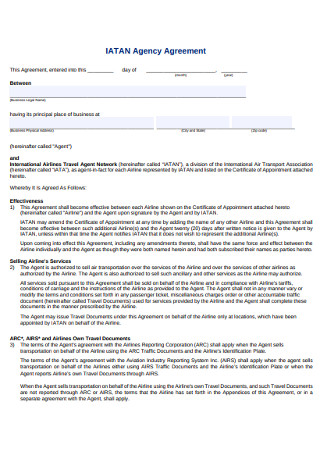
Basic Agency Agreement
download now -
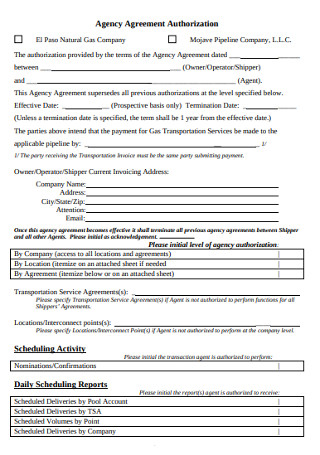
Agency Agreement Authorization
download now -
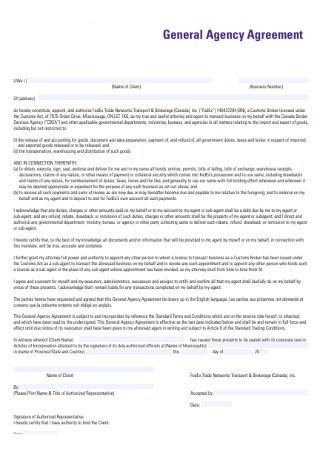
General Agency Agreement
download now -
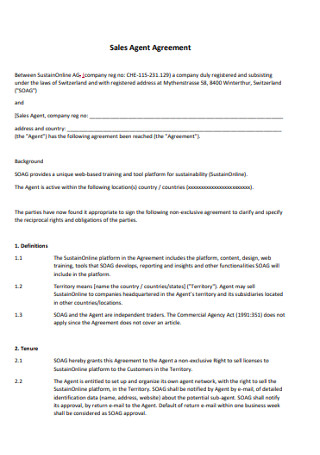
Sales Agency Agreement
download now -
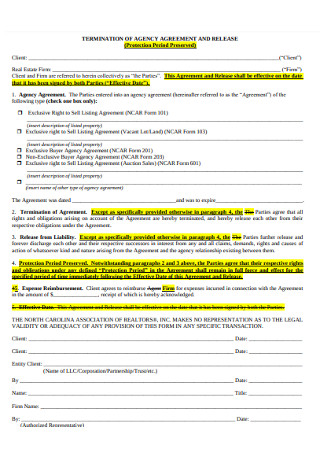
Termination of Agency Agreement
download now -

Investment Agency Agreement
download now -
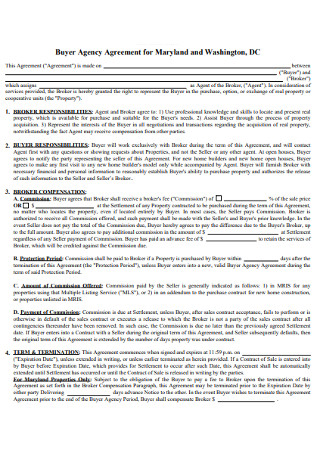
Sample Buyer Agency Agreement
download now -
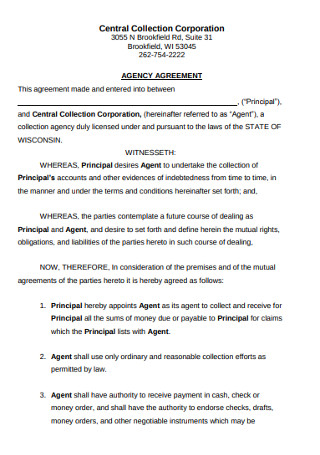
Corporation Collection Agency Agreement
download now -
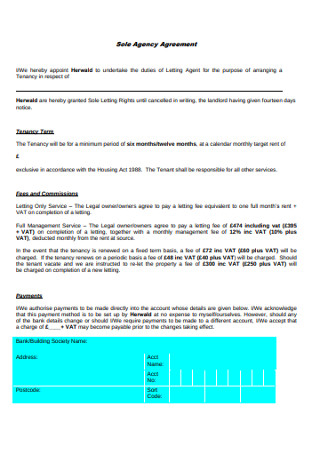
Sole Agency Agreement
download now -
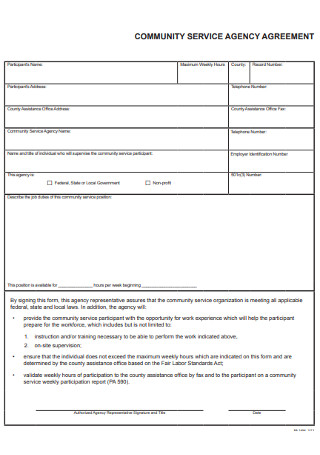
Community Service Agency Agreement
download now -
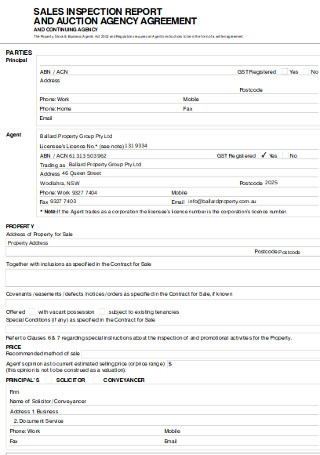
Auction Agency Agreement
download now -
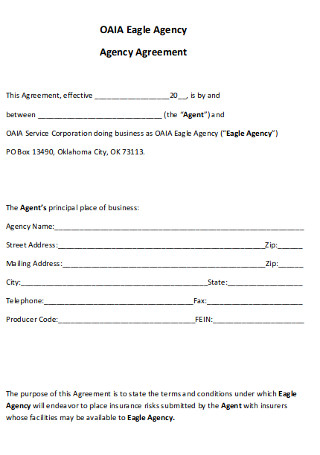
Eagle Agency Agreement
download now -
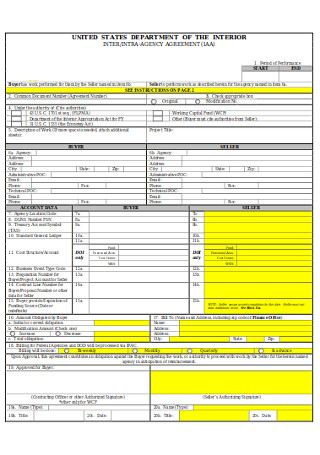
Inter Agency Agreement
download now -
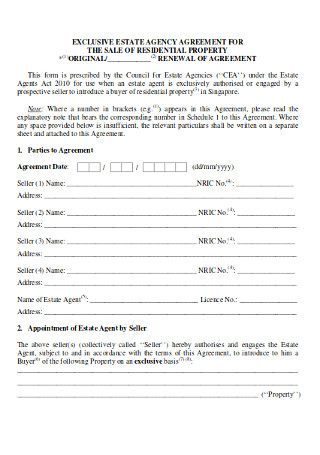
Residencial Property Agency Agreement
download now -
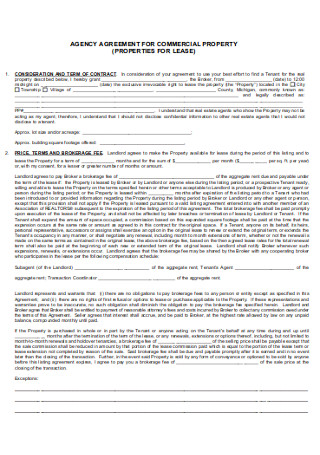
Agency Agreement for Commercial Property
download now -
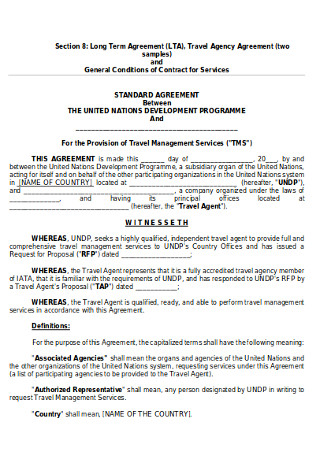
Travel Agency Agreement
download now -
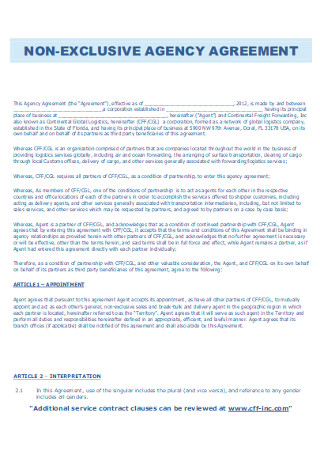
Non Exclusive Agency Agreement
download now -
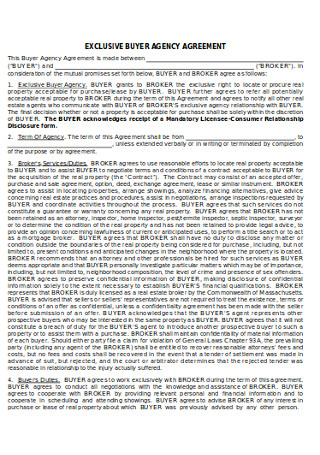
Exclusive Buyer Agency Agreement
download now -
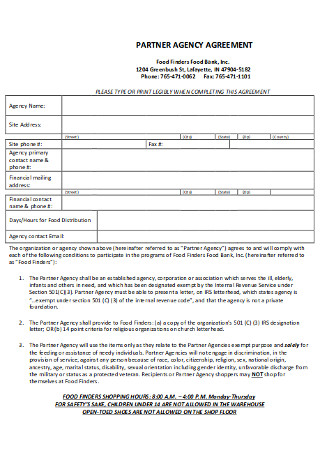
Partner Agency Agreement
download now -
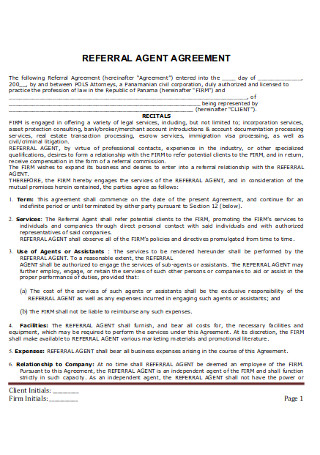
Referral Agency Agreement
download now -
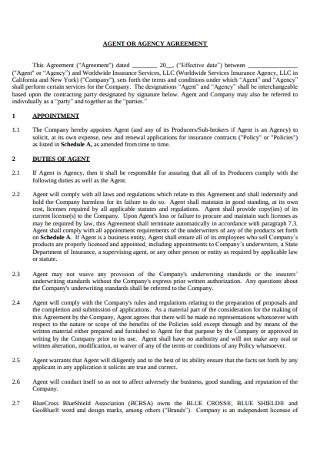
Sample Agent or Agency Agreement
download now -
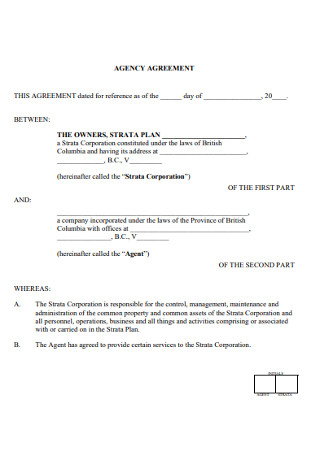
Standard Agency Agreement
download now -
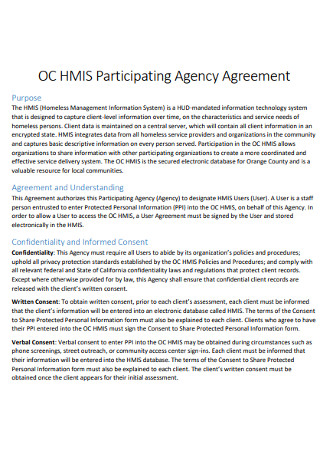
Participating Agency Agreement
download now -
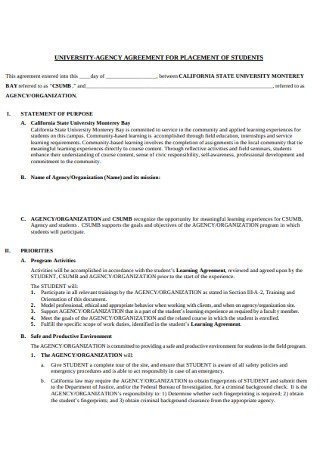
Agency Agreement for Placements of Students
download now -
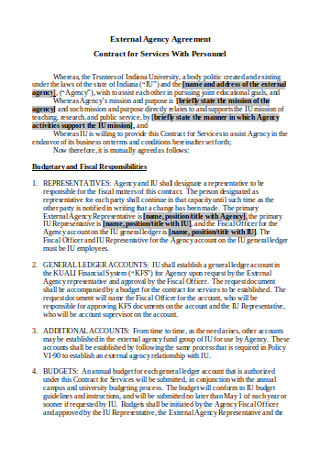
External Agency Agreement
download now -
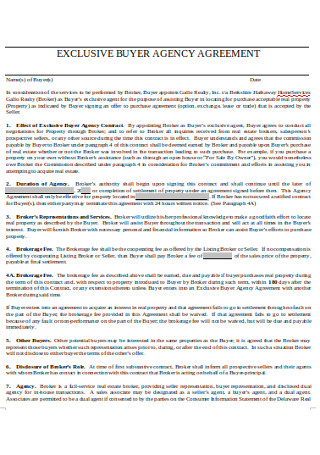
Sample Exclusive Buyer Agency Agreement
download now -
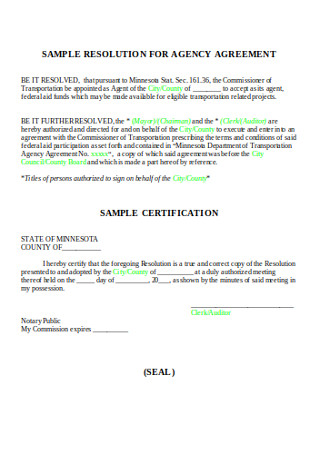
Sample Resolution Agency Agreement
download now -
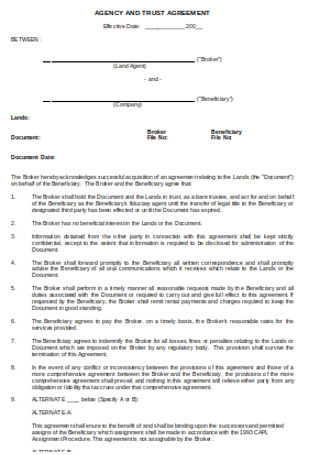
Agency and Trust Agreement
download now -
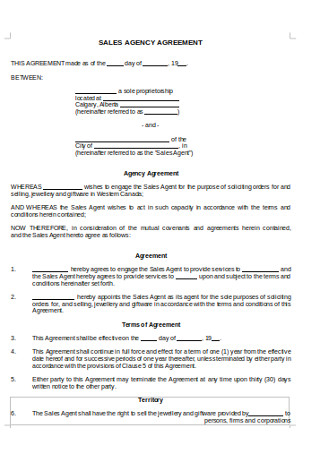
Simple Agency Agreement
download now
What Is an Agency Agreement Template?
An agency agreement is a type of document that involves a principal and an agent?the principal does the hiring, and the agent gets hired to do a particular task. This agreement contains the general instructions of the duties that the principal requires for the agent to fulfill. With an agent agreement, the two parties involved are bound into a legal commitment or a fiduciary relationship, along with obligations they are required to carry out. For example, the principal is expected to pay the agreed payment between the agent, and the agent is also expected to execute a lawful decision-making process that best suits the interests of the principal.
If you are the principal, you can see the similarities between this type of agreement to that of a power of attorney wherein the relationship you get into is based on your trust that the agent will carry out their tasks in good faith. If you are the agent, an agency agreement can serve you well since this agreement allows you also to define your terms, such as the right to do certain things and how much you are getting paid from doing so.
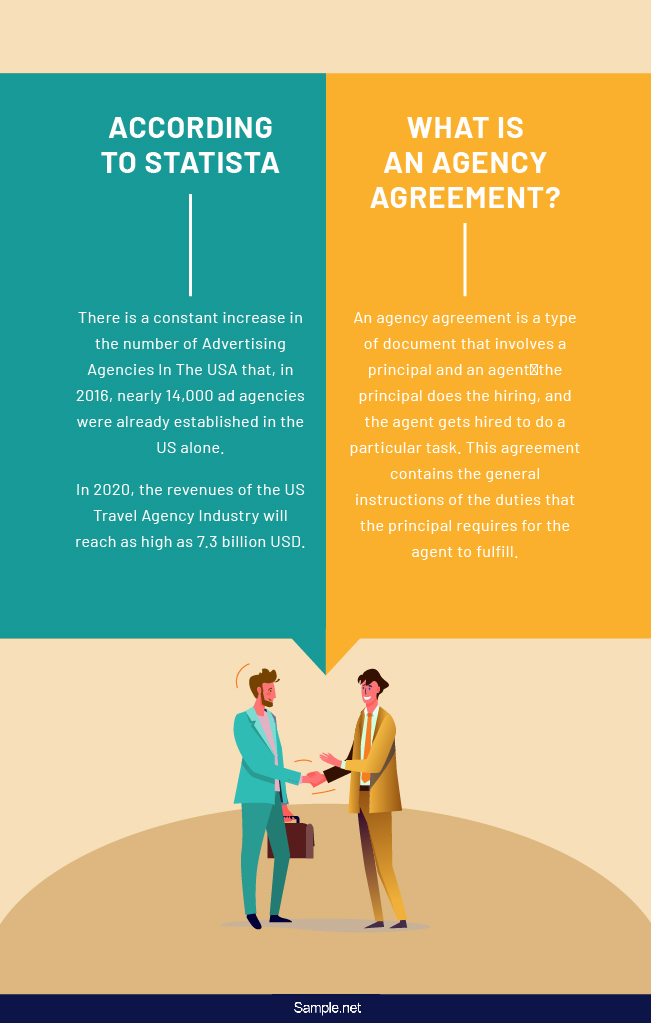
Fiduciary Relationship Responsibilities
As mentioned, an agent agreement involves binding two parties into a fiduciary relationship. Such a relationship includes obligations, especially on the agent’s end since this relationship entails fiduciary responsibilities wherein agents have to perform in a way that conforms to the principal’s demands and interests. Once the agency agreement is made between the principal and the agent, the agent agrees to do the following:
Types of Agency Agreement
Agency agreements can be used when you need someone who can legally represent you, deal with realtors, manage your accounts, and so on. This only means that there are various types of agreements that you can use for various purposes. Knowing the best type of agency agreement is advantageous on your end especially that you can already identify the best agency agreement type that fits and matches your needs. Get acquainted with some of the common types of agency agreement below.
Agency Agreement vs. Distribution Agreement
Many can see the similarity between agency agreements and distribution agreements because, aside from the fact that these two are types of commercial agreement, both also establishes a fiduciary relationsip between two consenting parties. However, these are two different agreements with different functions. A distribution agreement is best used when a supplier is looking for someone who can distribute their products or goods and the distributor would then sell the products or goods in a different transaction with their customers. Simply put, the supplier cannot get into a contract of sale with the customers of the distributor whom the supplier had sold their products or goods to. On the other hand, an agency agreement is best used when agents are hired by principals who can act on their behalf such as in selling, bidding, negotiating, and representing.
A distribution agreement usually covers restrictions as to where the distributor can sell the goods of the supplier while an agency agreement contains terms that could permit the agent to make contracts and the like on behalf of the principal. With a distribution agreement, the title to sell the products or goods gets transferred to the distributor. An agency agreement, on the other hand, does not involve any title transfers.
Importance of an Agency Agreement
Agency agreements do not only protect the interest of one party, but it protects both. If you are the principal, an agency agreement enables you to hire someone who can legally do certain tasks for you on your behalf, and this alone can help you save so much of your resources. For example, you run a small business and only have a limited budget that hinders you from employing a new employer to handle your short-term advertising project. By outsourcing an agent, you no longer have to spend extra. If you are the agent, this type of agreement will help you in ensuring that you will be compensated. You need to be extra careful since some companies are only good at giving deadlines for their tasks but are delayed upon paying what is due.
Risks of Agency Agreements
Even if the use of agency agreements may have more advantages than drawbacks, it still involves risks. Liability is the apparent risk, like most other types of agreement. For instance, you are the principal, and your agent signed a contract on your behalf without even letting you read the terms and conditions of the contract. You are automatically liable for the provisions signed by your agent. And in the event when your agent commits an illegal act, you are also committing the same act as the principal since your agent represents you. That is why it is crucial that you clearly and adequately set out terms and conditions that protect your interests as the principal in case your agent commits grave misconduct. One thing you could do is set out in clear terms that you are limiting your liabilities if your agent committed an act that is not indicated explicitly in the agreement.
How to Draft an Agency Agreement
An agency agreement should be drafted thoroughly because it is crucial for the relationship between the agent and the principal to be successful. Even if the agency itself will create an agreement for you if you’re the principal, it is still essential for you to find out how one is created to how it can work well in your best interests. The following step-by-step instructions of the process will guide you through as you delve deeper into understanding the provisions of a basic agency agreement.
Step 1: State the Subject of the Agreement
After introducing the parties (the principal and the agent) involved in the agent agreement, you can then state the subject of the agent agreement. For this part of the agreement, you have to state the subject of your agreement. Include details wherein the agent is obliged to follow the set of instructions listed by the principal.
Step 2: List the Tasks the Agency Should Carry Out
List out the sphere of the activities that the agent should carry out upon signing the agreement. These activities should be in line with the principal’s interests. It should also state that the agent acts on behalf of the principal and is bound to act per the instructions given.
Step 3: List the Rights and Obligations of the Principal and the Agency
Clearly define the line by explicitly writing the rights and obligations of each party involved in the agency agreement. Begin by laying out the rights and obligations of the principal. This includes being in total control over the activities to be carried out by the agent. If the agent commits grave misconduct, the agreement should explicitly state the limitations of the principal’s liabilities. Next is to state the rights and obligations of the agency. This includes the right to obtain a commission as soon as they meet the terms of the agency agreement and the right to receive crucial instructions and consultations from the principal upon carrying out the terms of the agency agreement.
Step 4: List Additional General Provisions of the Agreement
List the general provisions such as force majeure circumstances, confidentiality, applicable law and jurisdiction, alteration, and the termination of the agreement. You should also indicate any special provisions and concluding provisions.
Step 5: Include Spaces for the Signatures
To make the agency agreement valid, be sure to include spaces where both parties can affix their signatures. And if you want to have a notary public witness the signing of the agreement, ensure that you provide an ample space where they can sign.
Dos and Don’ts of an Agency Agreement
An agency agreement should be able to successfully protect the interests and the rights of both parties involved. And for you to create one that successfully does so, there are some guidelines that you need to follow.
Do
1. Do decide on what goals to reach.
Before you start drafting your agency agreement, you need to figure out your goals first. By deciding on what goals you want to achieve, you can easily create an agency agreement that is specifically geared toward achieving such goals. You can also avoid many setbacks as possible. While it should contain the terms that both you and your agent have already agreed, it should also mention the objectives that you want to get out of this agreement. You can set these out in the terms and conditions of the agreement.
2. Do set aside time for each party to review the drafted agency agreement thoroughly.
As soon as the agency drafts the agency agreement, see to it that both parties will review its contents first to avoid any issues and disagreements halfway the duration of the agreement’s period of validity. This also ensures that each side has a good understanding of what is they need to fulfill by signing the agent agreement. Keep in mind that having more inclusions is ideal than having less of it. By checking the agency agreement before printing it out, both parties won’t be assuming anything that is not explicitly mentioned in the document.
Don’ts
1. Don’t neglect to follow what is signed in the agency agreement.
Both parties are required to follow the terms that are laid out in the agency agreement signed by themselves. Signing the agency agreement is not enough?each party should follow every provision written in the agency agreement. For instance, even if the agent fails to sell your property within two months as agreed, this is already considered as breaching the terms of the agreement. Because of this, a lot of problems will occur as a consequence. While it can be resolved through communication, prevention is always better than medication. That is why both parties must heed to the agreement’s provisions in the first place to avoid any unwanted circumstances.
2. Don’t forget to sign and keep a copy of the agency agreement.
No matter how well-written your agreement is, it will still hold no legal value if either or both of the involved parties had forgotten or intentionally missed signing the agency agreement. As soon as the agency agreement is finalized, both the agent and the principal should sign two copies. Each party is also required to keep a copy of the agreement, which means that neither can make excuses for not being familiar with the terms when they have their copy to revisit. You may also consider having your agent agreement signed aor witnessed by a notary public to limit any problems related to the agent or the principal’s signature.
When getting into an agreement, you certainly want to protect your interests, whether you are the principal or the agency. It is crucial that before you sign an agreement, you always ensure that both parties have already agreed to the set terms and conditions of the agency agreement. And take note that it is not just some ordinary agency agreement but a well-drafted one. If you need agency agreement samples, this article has got you covered with agency agreement templates and examples provided. You can conveniently download and customize any of these samples or use these as your guide when you write your agreement.
